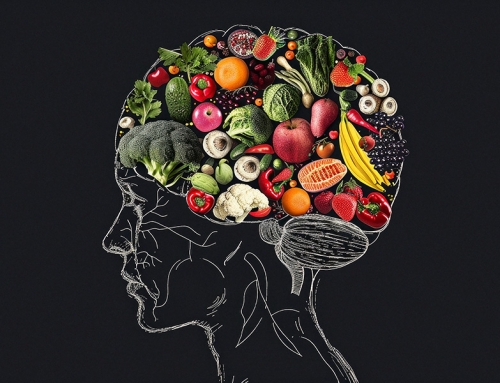Nutrition informatics (NI) is the interlink between the organization, storage, and optimum use of information, data and knowledge in the domain of food and nutrition. To enhance the research and practice in this domain, the use of technology-enabled behavioural change interventions has been enabled. Our paper highlights the changing dimensions of food and nutrition practices in India and an urgent need to prepare a NI workforce that could provide some valuable tools and solutions to address the health problems encountered within a transitioning food environment. Data management and analysis could help in establishing relationships between diet and disease related to socioeconomic and agricultural factors. This can act as a building block for targeted, evidence-based policy recommendations and possible interventions.
Usage of several digital platforms under Digital India Initiative such as mobile or cloud services, GIS, can support in creating utility infrastructure and improve accessibility to existing programs and agencies for public services. India has emerged as a great example among countries aimed at achieving SDGs and other public health initiatives to promote NI. Existence of multiple nutrition informatics platform in India such as Nutrition Atlas of National Institute of Nutrition (NIN), Tata Trusts, Ministry of Health and Family Welfare’s dashboard Nutrition India, NITI Aayog State Nutrition Dashboard, Nutrition on My Radar Screen, Food Safety and Standards Authority of India (FSSAI), POSHAN Abhiyan, a collective platform for Integrated Child Development Services (ICDS), Anaemia Mukt Bharat, Jan Andolan Dashboard, are under development to gather, tabulate and report nutrition related information.
There is a limited workforce engaged in NI in emergent nations. The trained professionals develop tools and techniques, manage different projects and conduct informatics research to analyse the efficacy of the tools and processes. Integration of information systems and virtual consultation devices into nutritional care is essential for advancing NI. Training in NI has been proposed across various educational levels along with designed curriculum that includes content on standardized regulations and technologies, systems design, and applications, including analysis, management, and evaluation. Though NI holds much importance, yet it is essential to recognize competing priorities in NI. There is a need to consider the evolving trends of digital health and incorporate it into upcoming digital training programs on NI.






Leave A Comment